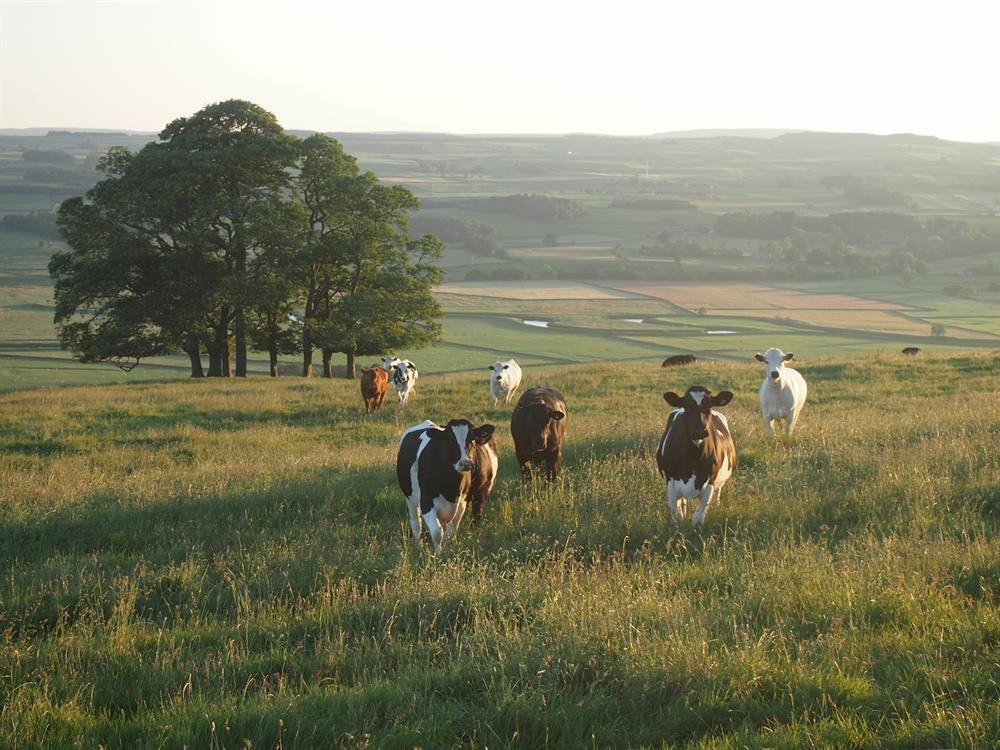
Aleph Farms announced today that it is part of the coalition of leading international food organizations hosting the first ever Food Systems Pavilion at this year’s United Nations Climate Change Conference of Parties (COP27) in Sharm El-Sheikh, Egypt.
At the previous COP in Glasgow, policymakers took steps towards recognizing the vital role of food and agriculture in reducing greenhouse gas emissions. And yet, food production was largely absent from the most meaningful climate-focused gathering to date. In less than three months’ time at COP27, modernizing food production will take center stage as the Food Systems Pavilion showcases groundbreaking innovations that are changing how people produce and consume food.
Our pavilion’s members span the public, private and not-for-profit segments of food, including farmers and other producers, policymakers, scientists, Indigenous Peoples, NGOs and IGOs, and youth representatives. This diversity of expertise and backgrounds aligns with our inclusive approach to sustainability and food systems. By leveraging different perspectives, the Food Systems Pavilion will enable partners and other stakeholders to work collaboratively to develop and implement solutions that improve food production.
Agriculture and food systems contribute over one-third of greenhouse gas emissions, making the transformation of our food systems both essential and urgent. However, if business strategies and policy agendas align properly to support innovation, such transformation is both achievable and full of opportunities. More sustainable, resilient and inclusive food systems can generate $4.5 trillion annually in new economic activity, while also empowering communities and fostering regional cooperation. That is more than 15 times the annual $350 billion of investment needed to improve these systems.
Transitioning to more sustainable and resilient food systems requires that we refine food production, and meat is definitely at the center of this effort – it has a hand in more than 40% of methane, a greenhouse gas with up to 86 times the warming power of carbon dioxide. At the same time, because methane breaks down quickly relative to carbon dioxide and other greenhouse gases, preventing its emission into the atmosphere is the quickest, most impactful way to address climate change. This makes the meat sector – and especially cultivated meat, whose production does not create methane emissions – a source of powerful environmental impact.
To find out more about the Food Systems Pavilion and its slate of events, visit FoodSystemsPavilion.com or search the hashtag #ActionOnFood on social media.
